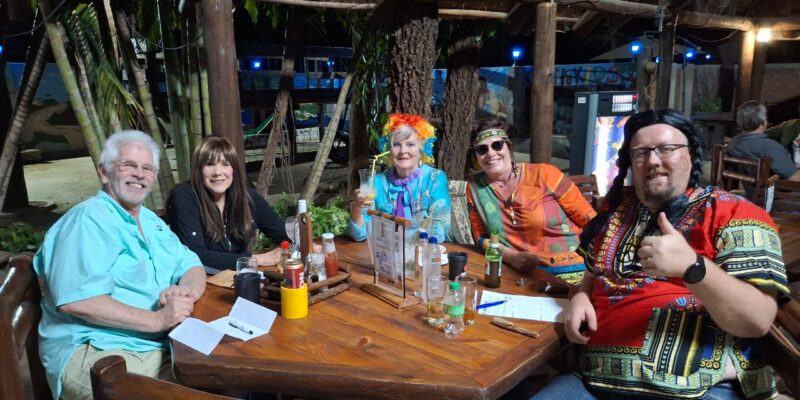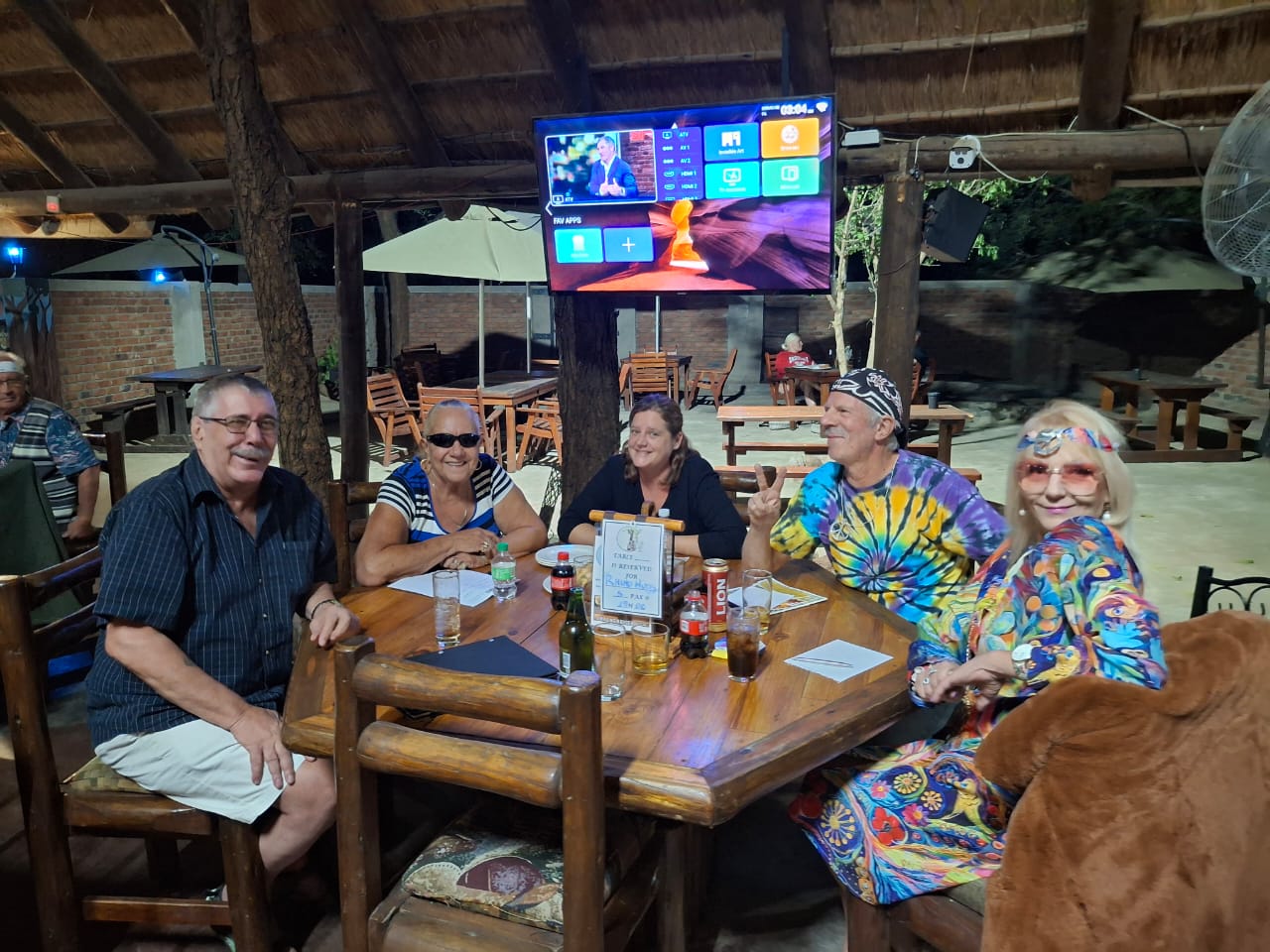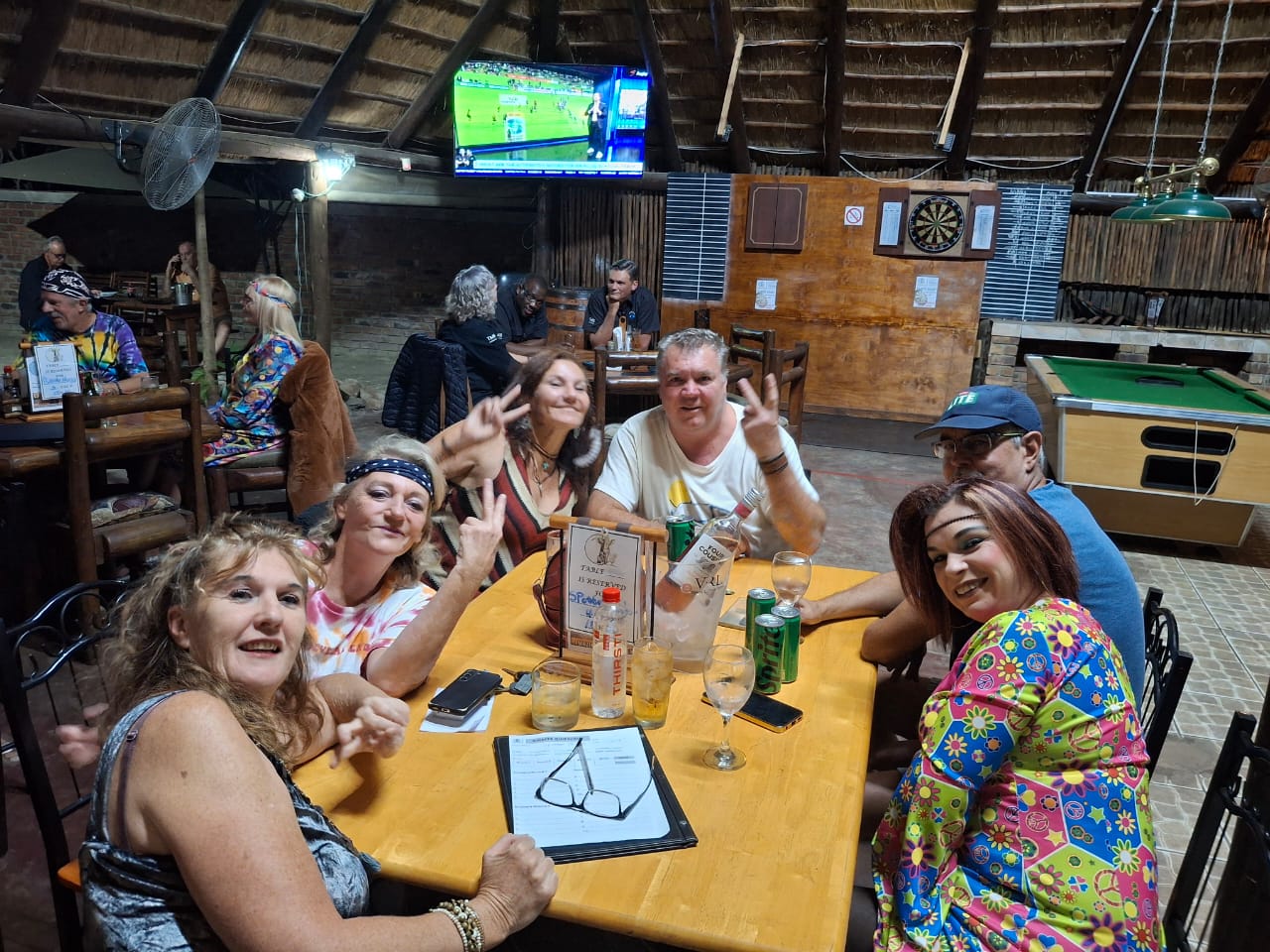
Many of our readers are enthusiastic hikers and make a point of visiting the most highly revered trails in the world as they travel. Unfortunately, we don’t hike due to the disability in my legs. Plus, Tom has no interest whatsoever in hiking, let alone embarking on long walks. We have adapted our lifestyle with these realities in mind and have found numerous other ways to enjoy our nomadic way of seeing the world.
Here’s a list of the top 10 hiking trails in the world, renowned for their stunning scenery, challenging terrain, and unforgettable experiences. Each offers something unique, from towering mountains to remote coastlines, historic routes to wild jungles:
Top 10 Hiking Trails in the World
1. Inca Trail – Peru
-
Length: ~42 km (26 miles)
-
Duration: 4 days
-
Highlights: Ancient ruins, cloud forests, and the final arrival at Machu Picchu through the Sun Gate.
-
Best Time: May to September
2. Tour du Mont Blanc – France/Italy/Switzerland
-
Length: ~170 km (106 miles)
-
Duration: 7–11 days
-
Highlights: Panoramic views of the Alps, crossing three countries, charming villages, and alpine passes.
-
Best Time: June to September
3. Everest Base Camp Trek – Nepal
-
Length: ~130 km (80 miles) round trip
-
Duration: 12–14 days
-
Highlights: Himalayan peaks, Sherpa villages, and standing in the shadow of Mount Everest.
-
Best Time: March–May or October–November
4. Appalachian Trail – USA
-
Length: ~3,540 km (2,200 miles)
-
Duration: 5–7 months (thru-hike) or section hikes
-
Highlights: Diverse ecosystems, Appalachian culture, and forested beauty from Georgia to Maine.
-
Best Time: March to October
5. Overland Track – Tasmania, Australia
-
Length: 65 km (40 miles)
-
Duration: 5–6 days
-
Highlights: Alpine moors, ancient rainforests, glacial lakes, and wombat sightings in Cradle Mountain-Lake St Clair National Park.
-
Best Time: October to May

Middle of the night visitors to the garden.
6. Laugavegur Trail – Iceland
-
Length: 55 km (34 miles)
-
Duration: 4–5 days
-
Highlights: Colorful rhyolite mountains, hot springs, black lava fields, and glaciers.
-
Best Time: Late June to early September
7. The Narrows – Zion National Park, USA
-
Length: 25 km (16 miles)
-
Duration: 1–2 days
-
Highlights: Wading or swimming through the Virgin River between towering slot canyon walls.
-
Best Time: Summer and early fall (check flash flood warnings!)
8. GR20 – Corsica, France
-
Length: ~180 km (112 miles)
-
Duration: 12–15 days
-
Highlights: Considered Europe’s most challenging trail—wild, rugged terrain through Corsica’s granite spine.
-
Best Time: June to September
9. The Great Himalaya Trail – Nepal (Full Version)
-
Length: ~1,700 km (1,050 miles) in Nepal (part of a longer route through five countries)
-
Duration: Several months
-
Highlights: Remote, high-altitude trekking through the world’s highest mountain range. One of the most challenging and isolated treks on Earth.
-
Best Time: March–May, October–November
10. Te Araroa Trail – New Zealand
-
Length: ~3,000 km (1,864 miles)
-
Duration: 4–6 months
-
Highlights: Spanning from Cape Reinga in the north to Bluff in the south, this trail encompasses beaches, mountains, forests, and Maori culture.
-
Best Time: October to April.
That’s it for today, folks. We’ll be back tomorrow with photos of dress-up movie Quiz Night.
Be well.
Photo from ten years ago today, July 29, 2015:












